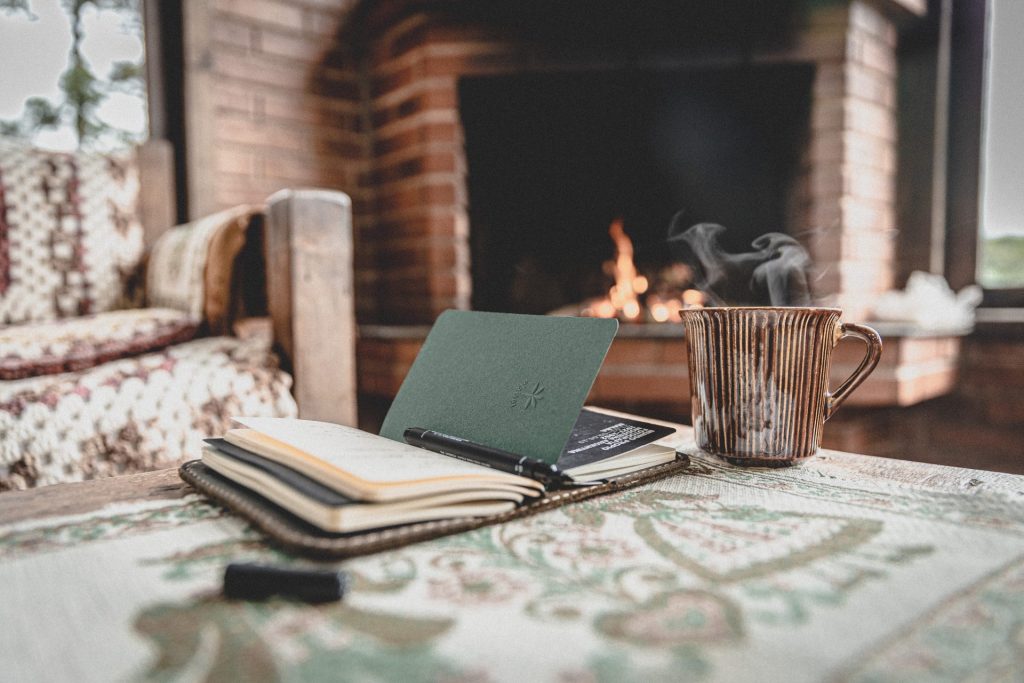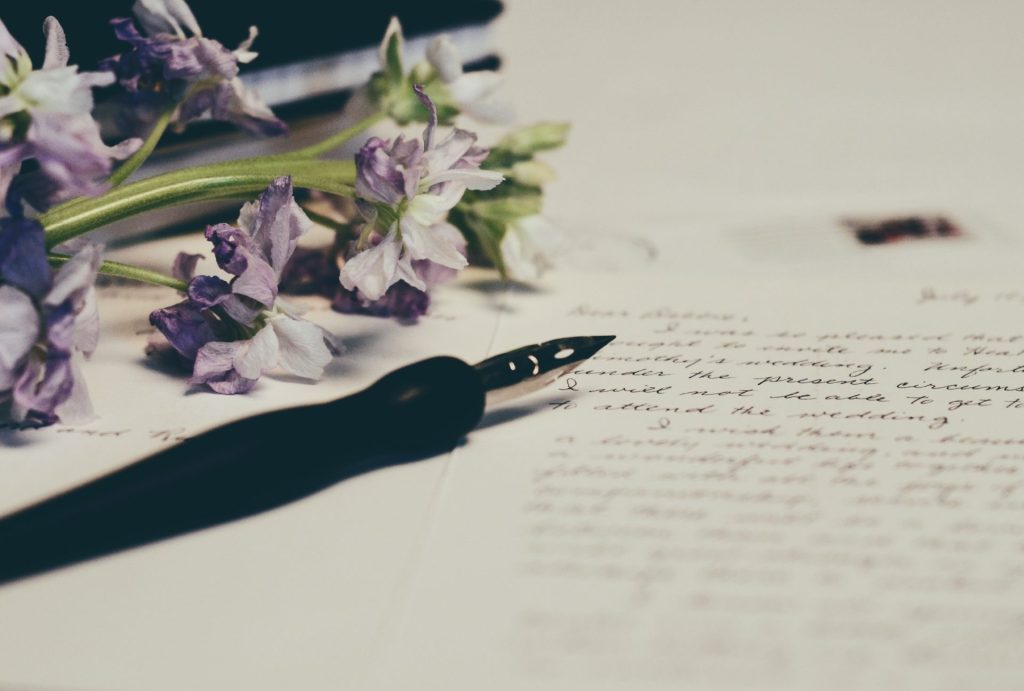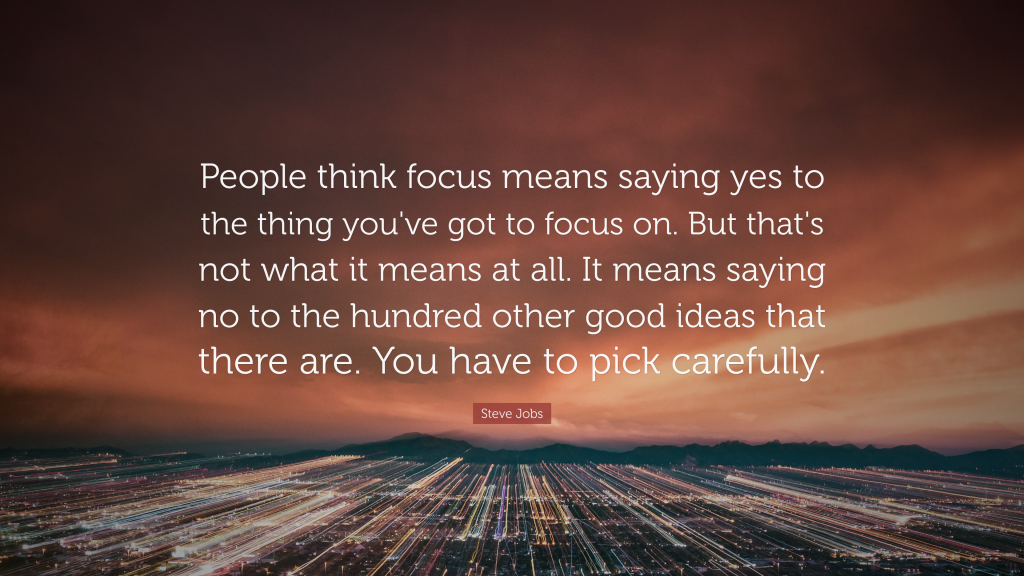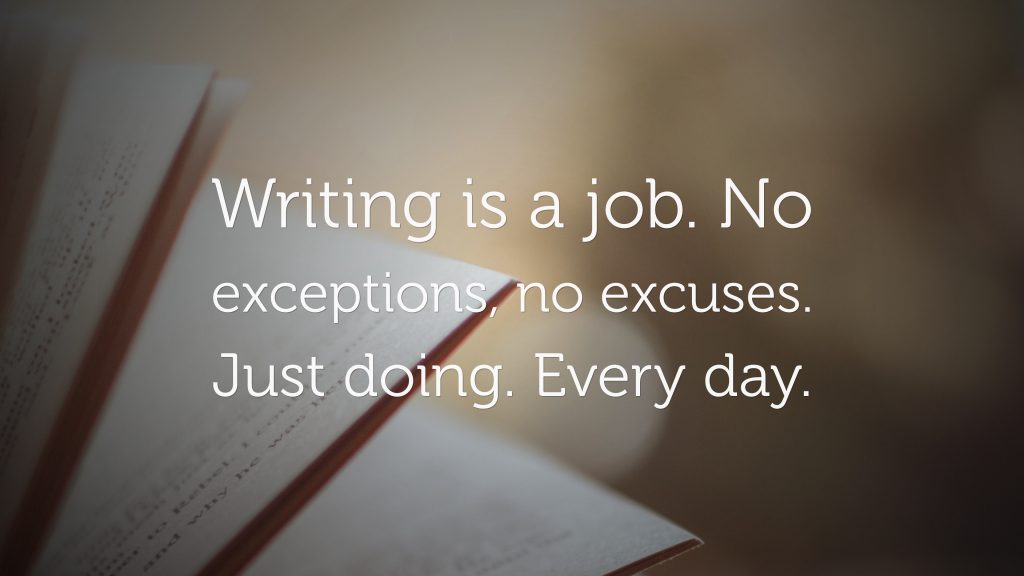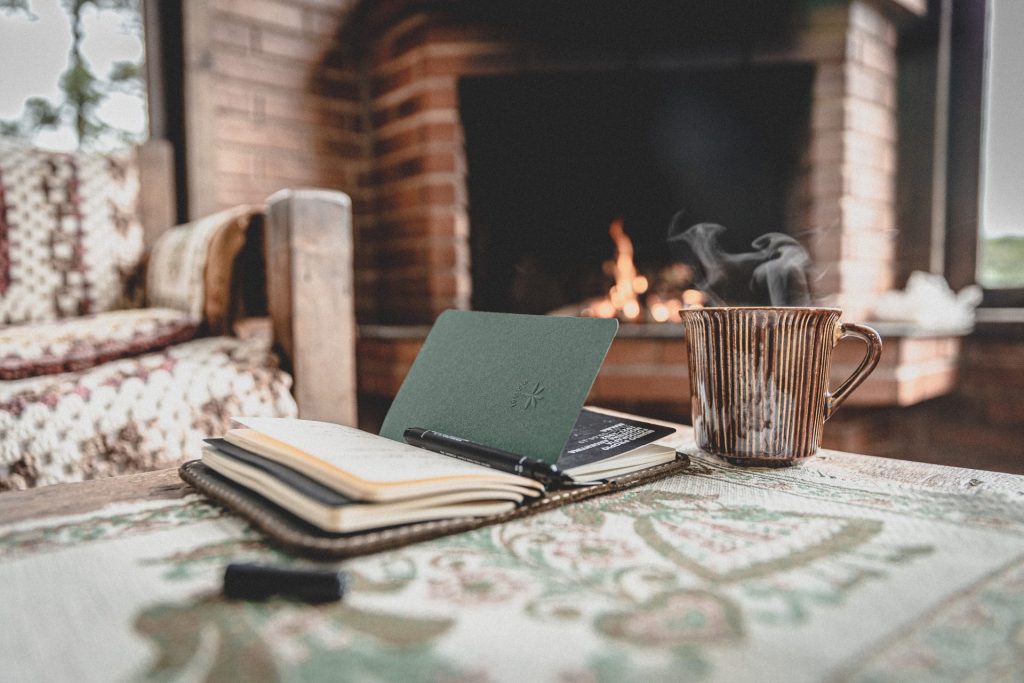
Writing is, indubitably, hard. No one can teach you, really. There are books and rules and what have you, and they can help to a certain extent. However, you have to do the work, day after day, and figure out what works for you eventually. One of the things that has helped me a lot is a writing journal.
What is a writing journal, you wonder. Nothing fancy, I assure you. Mine is simply an unassuming black notebook that I keep on my desk while writing. Every time I get an idea, get an insight, notice a problem that I need to address, or realize I need a synonym, I write it all down in my journal.
Why bother? After all, if you have an idea or learned something, it’ll be right there, in your head, where it came from. And it may be quicker to look up a synonym online, for instance.
Ha! You wish. After spending half my morning looking up better ways of saying anxious and debating the various merits of distressed, nervous, and afraid, I had a light bulb moment. This was a waste of my time. I could always do that later, while editing. Just let the writing flow, while it lasts.
As for learnings, I found that the process of writing it all down and reviewing it later made for better retention. I would simply remember it better and occasionally apply it, too. I am human, after all, and not very good at taking my own advice.
I usually review the previous day’s notes in the morning, before starting a new writing session, and would occasionally flip through pages every now and then.
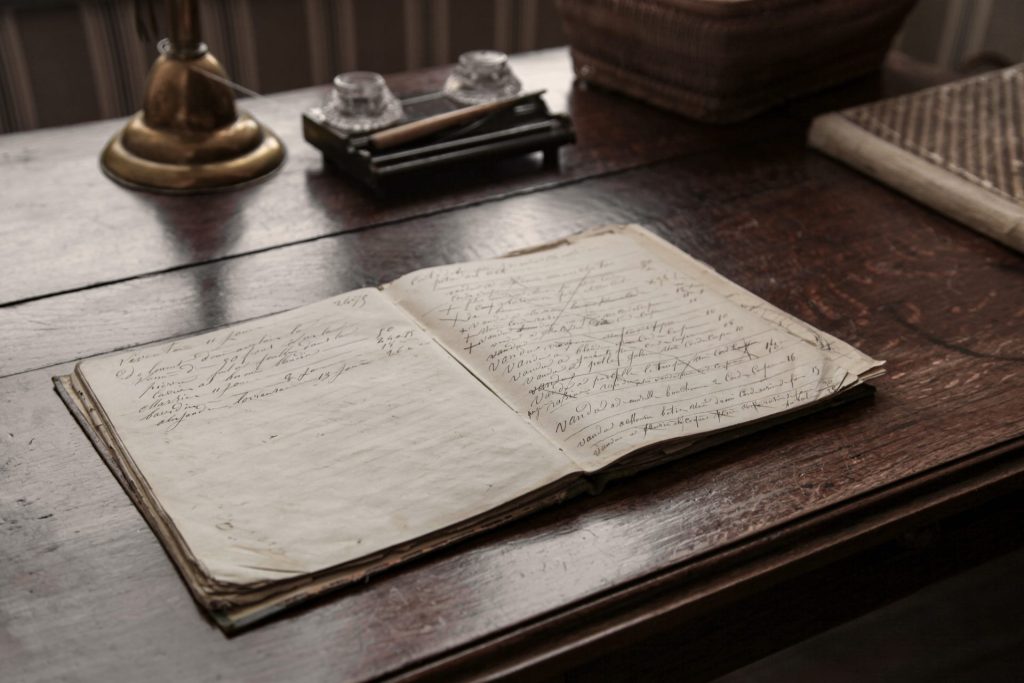
These are some of the things I wrote down in my writing journal. Not world-shattering, certainly, but that made so much difference to my process. Maybe my writing has improved, or maybe not, but one thing is certain: it’s much faster.
- End your writing session when you know exactly where you’re going. It’s going to be easier to pick up the thread the next morning. Since you know what you wanted to say, you get a quick and easy start, and then you can just go on from there, gathering steam as you go.
- Use a printed outline of the book and the chapter you’re working on to remind you of the book and chapter structure so you always know where you are and what the focus should be. Use it as a checklist when editing.
- Don’t break for small things, e.g., “quickly checking” something or throwing a new load of laundry in the washing machine. They derail your focus and thread of thinking. Plan your known interruptions to coincide with a natural break in your writing flow. My washing machine has a 1 ½ hour cycle, so I attend to the laundry when I’m ready for a break.
- Don’t compare your first draft with the finished work of established writers. All first drafts are shitty, as Anne Lamott reminded us in “Bird by Bird“. You don’t see their first draft, only the long-polished final version.
- Use a Slush file for text snippets that don’t fit in your WIP but are worth saving.
- You run out of steam after a while; learn to notice when you’re spent. There’s no point in struggling more when you’ve reached that point. Just call it a day and be satisfied with that day’s work.
- Don’t write and edit, or you’ll never finish. When you write, you write. Don’t pause. Make a note, and highlight what needs to be checked or changed to know where to go and what to do later. Later is the important word. Highlight words you’ve repeated on the same page in a certain color to go back later and look up synonyms or re-write the sentence when you edit (later). Same for words that don’t feel 100%. Look for the perfect word later.
Related Posts
- Nobody Cares If You Don’t Write
- Just Do It!
- Ray Bradbury’s Writing Advice For Writers To Be
- If You Want to Be a Writer, Write!
- All Creation Is an Act of Faith
- Keep Going: Cardio for Zombie Hunters and Writers
If you liked this post, share it on your preferred social network or forward it to a friend.






